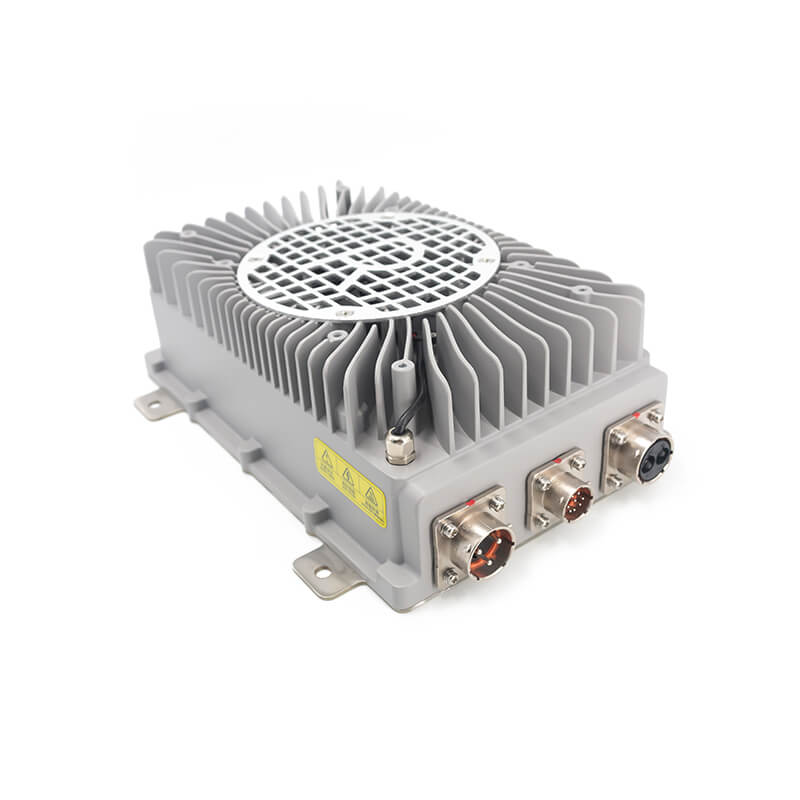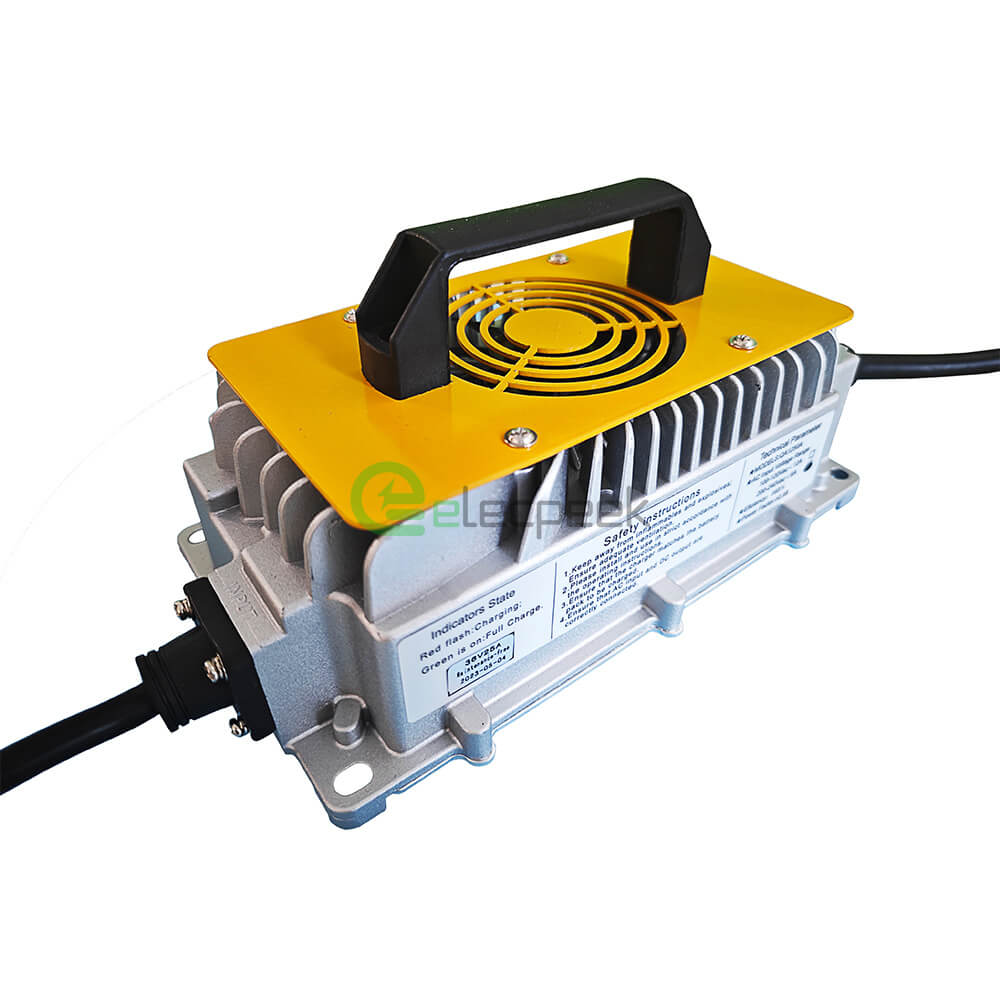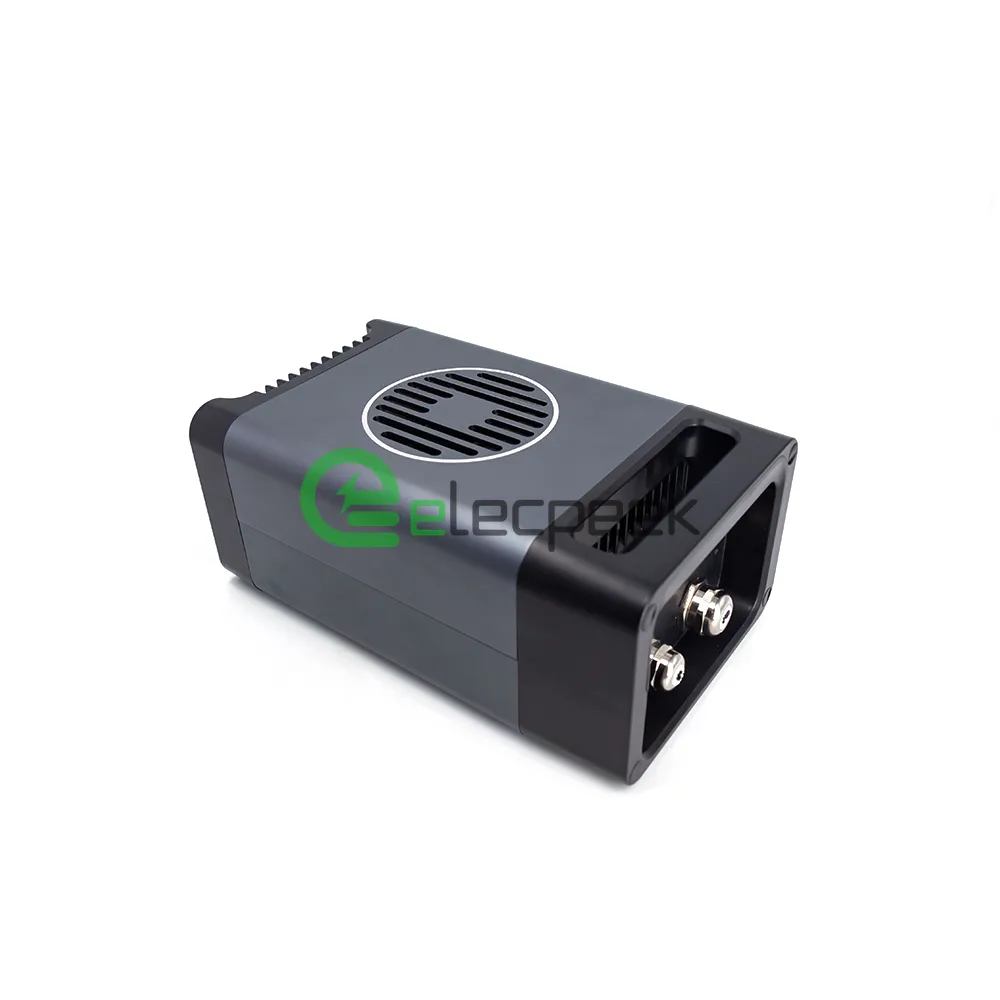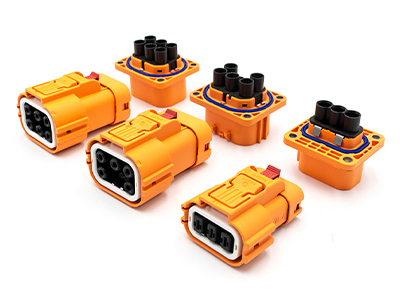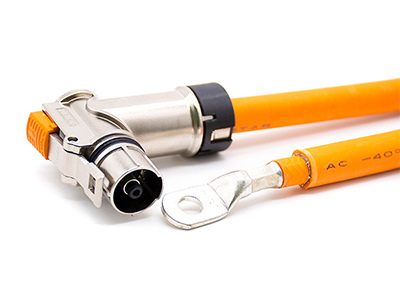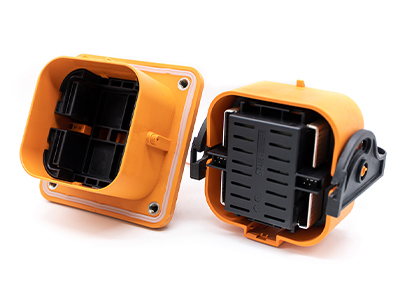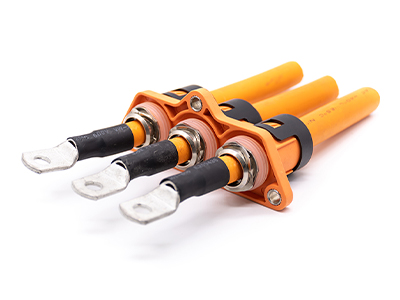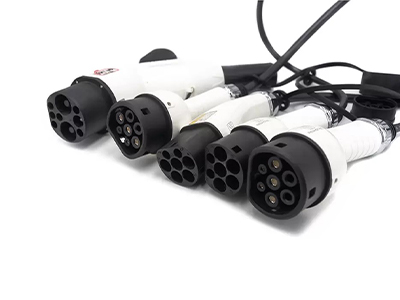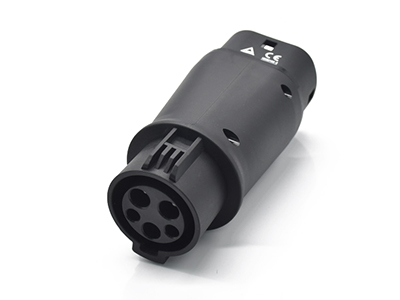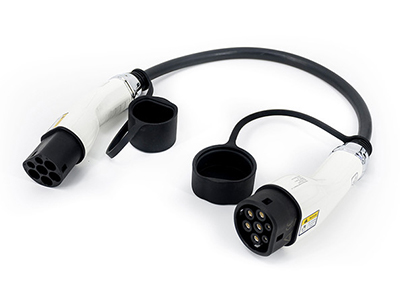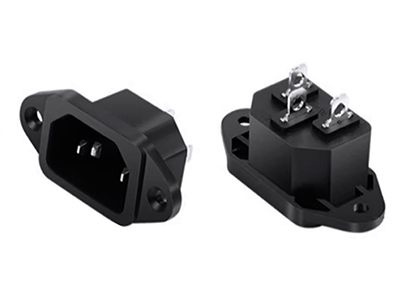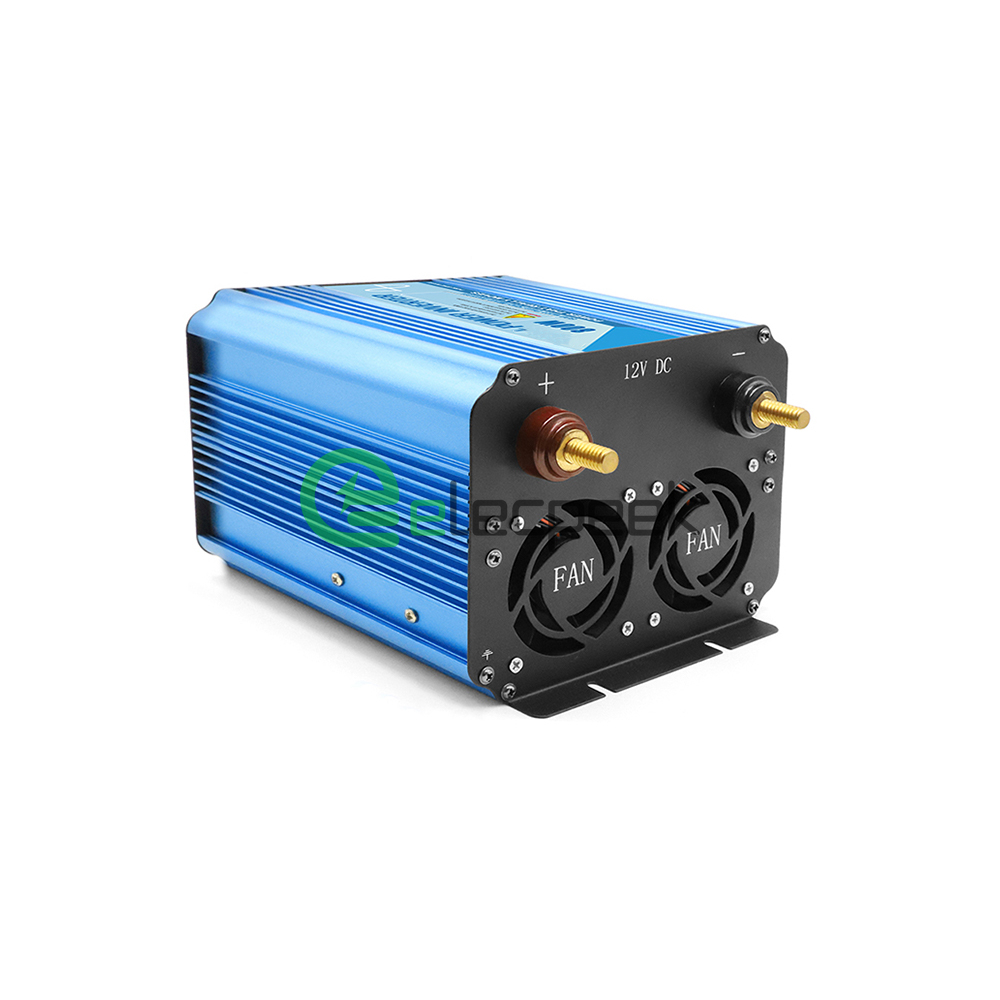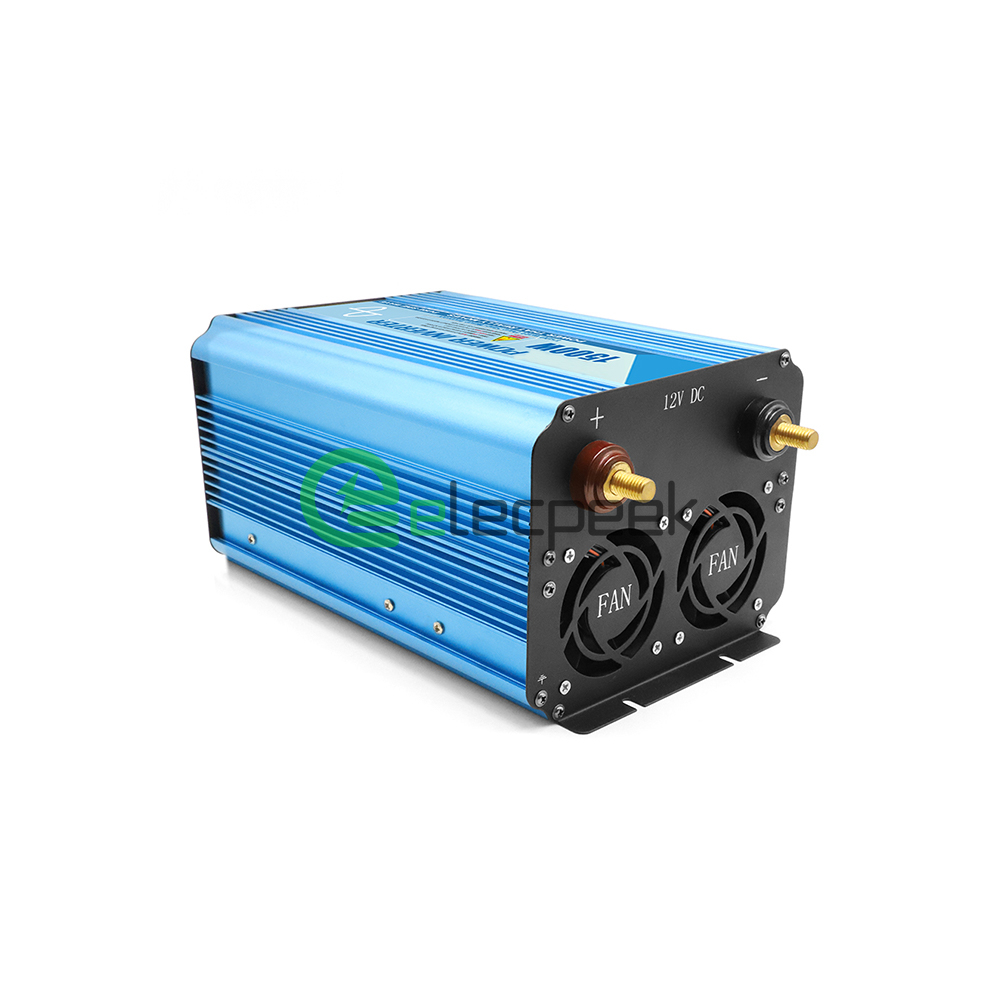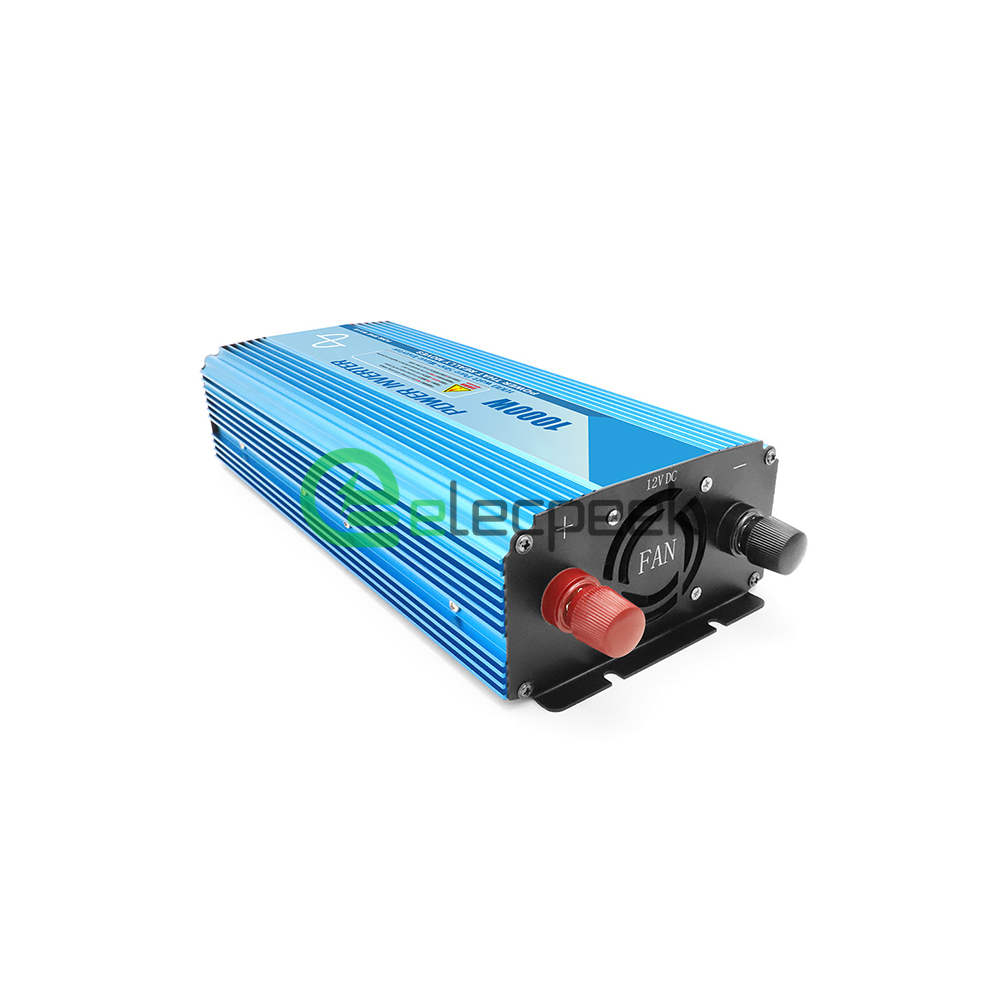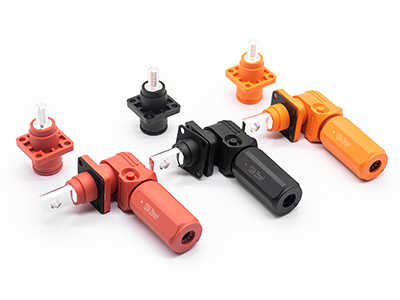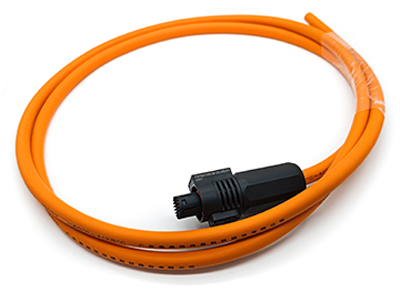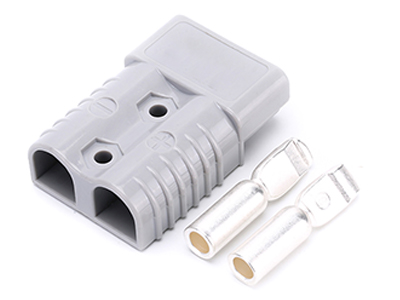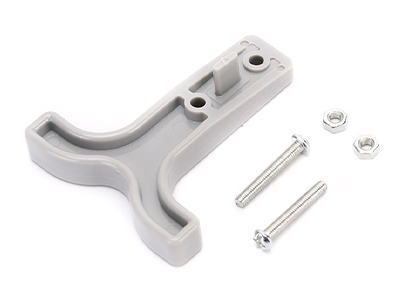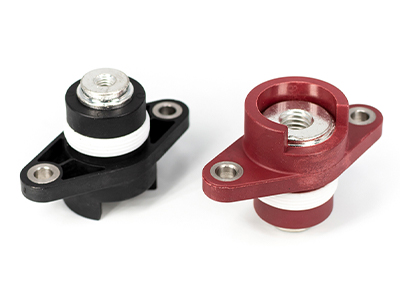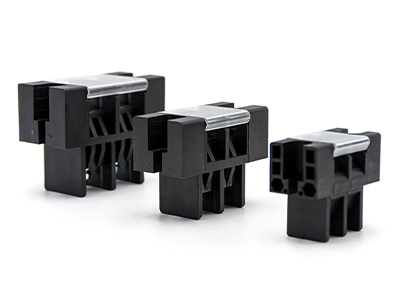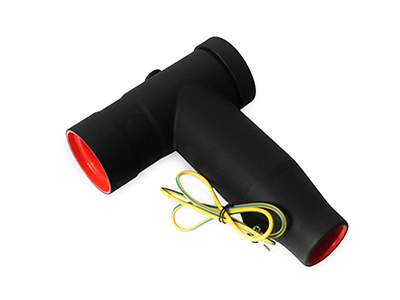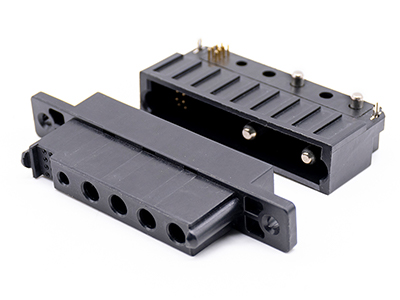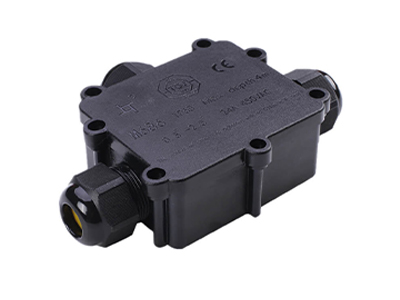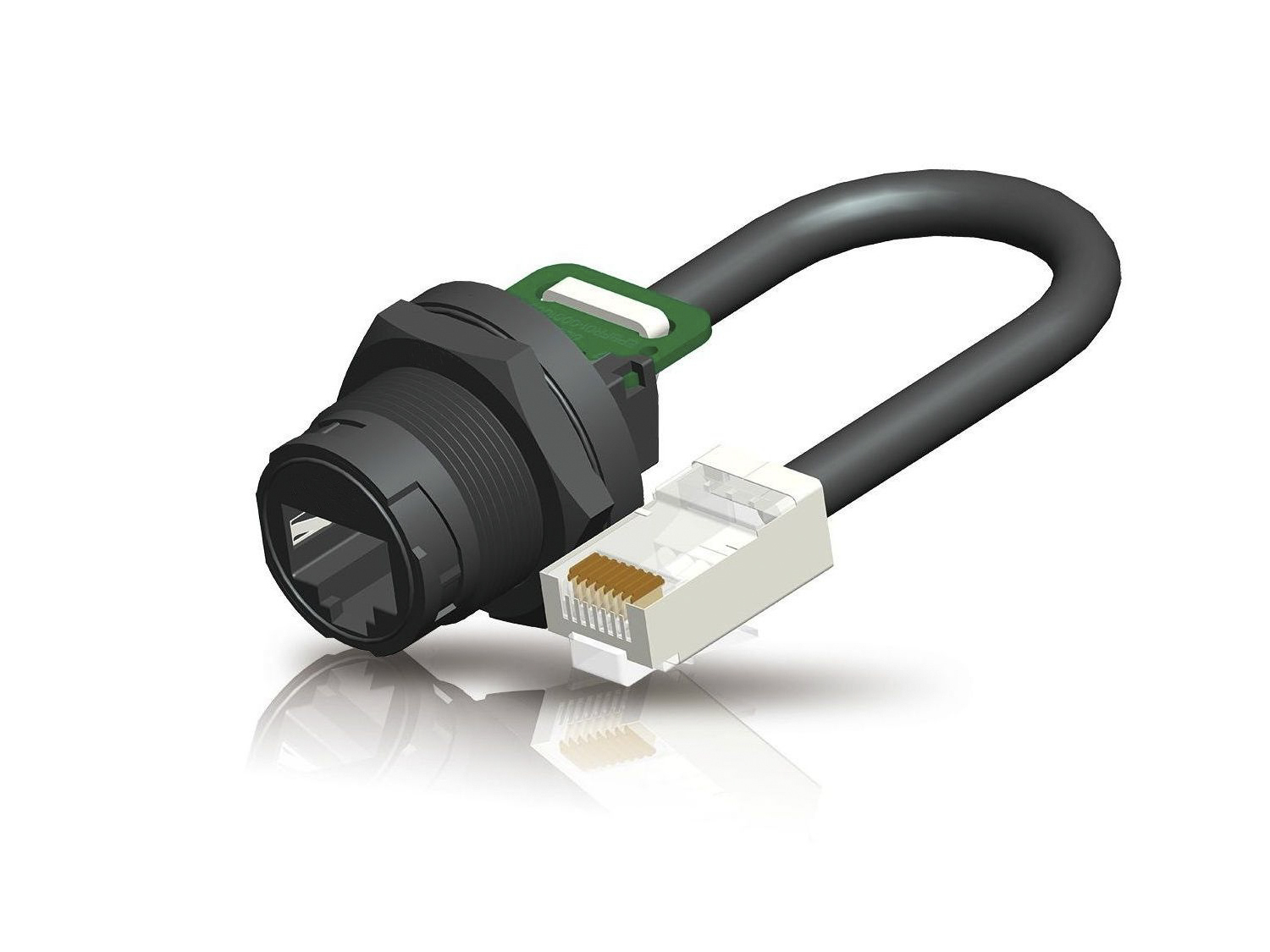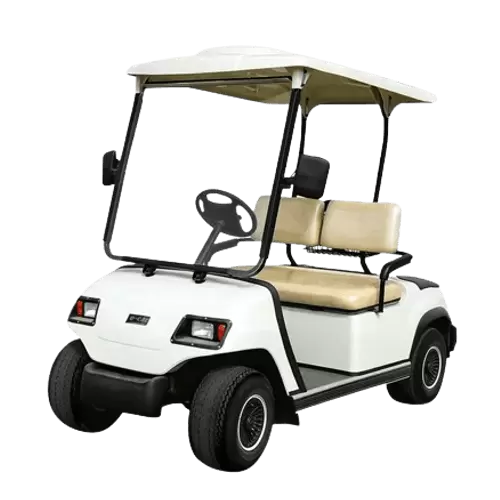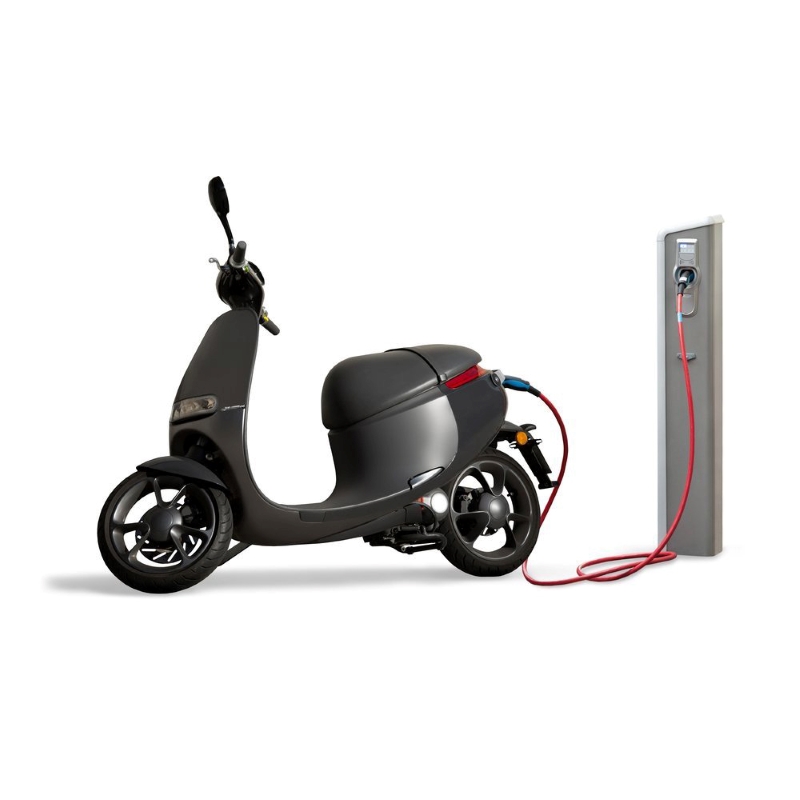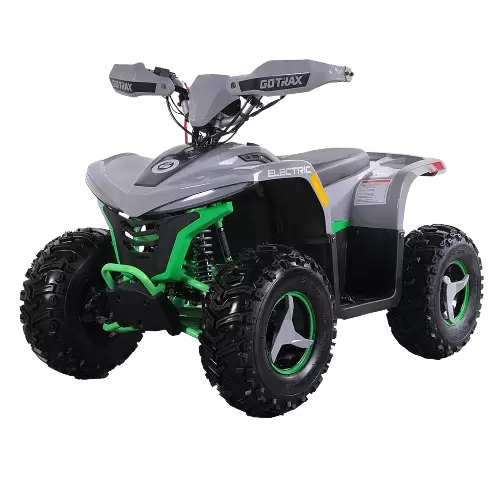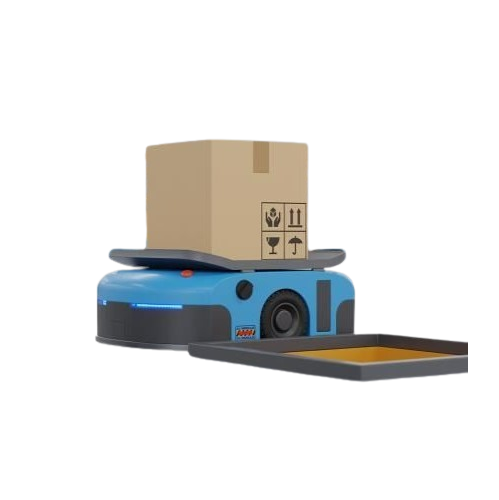News
Does Nissan use SAE J1772?
Nissan, a pioneer in the electric vehicle (EV) industry, has made significant strides in advancing EV technology and charging infrastructure. As EV enthusiasts and potential buyers consider their options, understanding Nissan’s charging strategy and the compatibility of their vehicles with the SAE J1772 charging standard is essential. In this article, we will explore Nissan’s approach to EV charging, the role of the SAE J1772 connector, and how the automaker is adapting to the evolving charging infrastructure.
Nissan’s Electric Vehicle Portfolio
The Nissan LEAF: A Pioneering Electric Vehicle
The Nissan LEAF, first introduced in 2010, is one of the world’s best-selling electric vehicles. Its success can be attributed to its affordability, practicality, and the continuous improvement of its battery technology, which has seen its range increase significantly over the years. The LEAF has played a critical role in popularizing electric vehicles and driving the adoption of EV charging infrastructure.
Nissan’s Expanding EV Lineup
As the demand for electric vehicles continues to grow, Nissan is expanding its EV lineup beyond the LEAF. The automaker is working on a range of new models, including the Nissan Ariya, an all-electric crossover SUV set to hit the market soon. With these new models, Nissan aims to provide a diverse range of options for environmentally conscious buyers.
Nissan’s Adoption of the SAE J1772 Charging Standard
Level 1 and Level 2 Charging for the Nissan LEAF
The Nissan LEAF is equipped with an SAE J1772 charging port, which allows it to connect to Level 1 (120V) and Level 2 (240V) charging stations. This compatibility with the J1772 standard ensures that LEAF owners can access the vast majority of public and home charging stations across North America and Japan.
Level 1 charging, which uses a standard 120V household outlet, provides a charging rate of 2 to 5 miles of range per hour. While this charging speed is relatively slow, it can be sufficient for drivers with modest daily driving needs or as an overnight charging solution.
Level 2 charging, on the other hand, requires a 240V dedicated circuit and offers a much faster charging rate, typically delivering 10 to 60 miles of range per hour. Most public charging stations and home charging equipment use the J1772 standard, making it convenient for Nissan LEAF owners to charge their vehicles.
Adapting to the CCS Standard
While Nissan has primarily relied on the CHAdeMO standard for DC fast charging, the automaker has expressed interest in adopting the Combined Charging System (CCS) standard for future EV models. The CCS standard combines the convenience of the J1772 connector for Level 1 and Level 2 AC charging with additional pins for high-speed DC fast charging.
The upcoming Nissan Ariya, for example, is expected to feature a CCS charging port instead of the CHAdeMO connector found on the LEAF. This move towards CCS reflects the industry’s gradual shift towards a unified charging standard that offers both AC and DC fast charging capabilities.
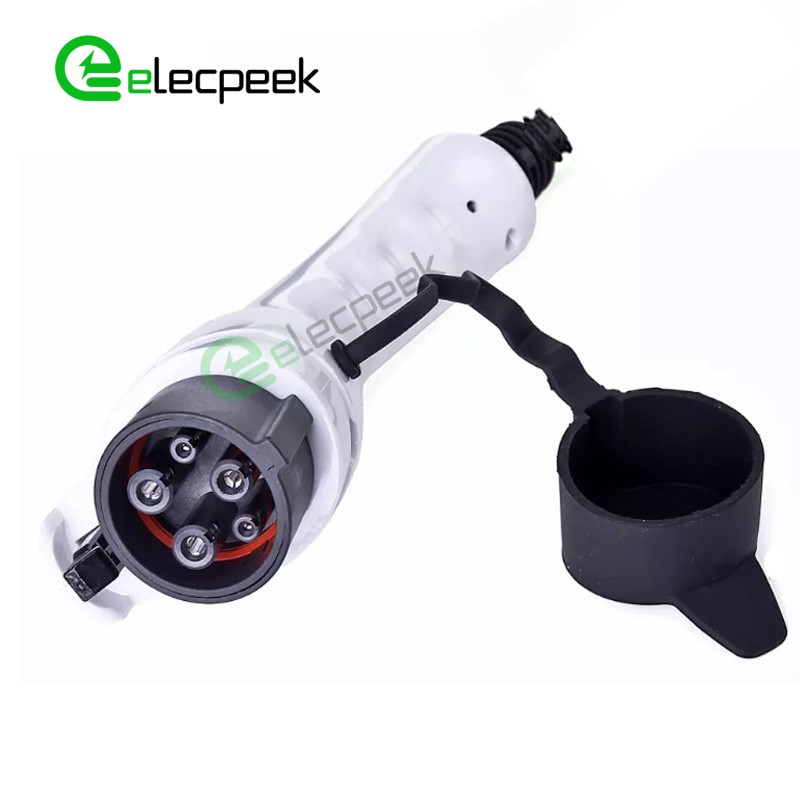
DC Fast Charging: CHAdeMO and Beyond
CHAdeMO: Nissan’s Initial Fast Charging Solution
Since the launch of the Nissan LEAF, the automaker has supported the CHAdeMO standard for DC fast charging. CHAdeMO, which stands for “CHArge de MOve” or “charge for moving,” is a Japanese-developed charging standard that allows for rapid charging of EV batteries. Most Nissan LEAF models can charge at CHAdeMO stations at power levels up to 50 kW, enabling drivers to recharge their batteries to 80% in about 30 minutes.
The Future of Fast Charging for Nissan
As the EV charging landscape evolves, Nissan is adapting its strategy to align with the industry’s shift towards the CCS standard. The adoption of CCS for upcoming models like the Ariya signals Nissan’s commitment to providing convenient and accessible charging options for its customers.
Moreover, the CHAdeMO Association’s announcement of a collaboration with the China Electricity Council to develop the ChaoJi standard – a universal charging solution compatible with both CHAdeMO and CCS – further underscores the industry’s push for a more unified charging infrastructure.
Conclusion: Nissan’s Flexible Approach to EV Charging
Nissan’s adoption of the SAE J1772 charging standard for Level 1 and Level 2 charging has provided its customers with a convenient and reliable charging solution. As the automaker expands its EV lineup and embraces the CCS standard for DC fast charging, Nissan demonstrates its commitment to staying at the forefront of the rapidly changing EV charging Connectors landscape. By embracing multiple charging standards and adapting to the industry’s evolving needs, Nissan is well-positioned to continue its success in the electric vehicle market.

